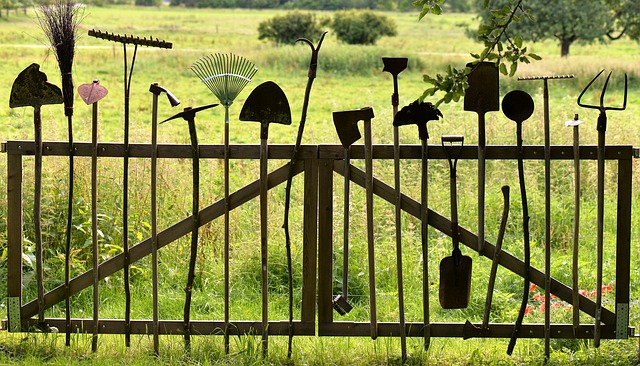
In the world of organic horticulture, there are plenty of great resources available to both new and experienced organic gardeners alike. There are many e-guides, books, videos, and other resources available. This set of tips contains some of the best advice for helping a good organic gardener become a great organic gardener.
So that you don’t shock your plants, try gradually accustoming them to conditions and temperature. On the first day, place them in the sun outside for only an hour or so. Slowly, day after day, you can leave your plants outside for a little longer. Finally, after about a week, you should be able to move them outside and leave them there for the summer.
When planting perennials, seek out those that are resistant to slugs. Slugs or snails can kill a plant very quickly. Snails and slugs have a good time destroying perennials that are young and have tender and smooth thin leaves. Perennials that have thick, furry leaves and unpleasant tastes are less likely to attract slugs and snails. Selecting an unappetizing perennial, such as campanula or heuchera, will help stop them from being eaten.
Flower Beds
Plant annuals and biennials to make your flower beds brighter. These usually grow quickly, and provide an easy-to-change solution to making your flower beds bright and beautiful. They allow you to select different flowers from one year or season to the next. In addition, they work well as gap fillers between other areas, as long as those areas receive plenty of sunlight. Some examples include sunflowers, marigolds, petunias, hollyhocks, cosmos, and rudbeckia.
A good green garden should start from seeds and not plants. Once the plant is healthy enough, replant it in your garden with the appropriate type of soil. It’s better for your garden, in particular, because transplants have high failure rates; whereas, sprouting a seed and growing a plant in the same conditions is better. Additionally, it’s better for the environment, because the plastic pots used by most greenhouses are generally not recycled and are cluttering landfills.
To keep pests away, you can use plants in the garden or other natural materials. Slugs can be kept at bay with a patch of marigolds or pungent vegetables. Insects can be deterred if you use wood ash instead of mulch around trees and shrub seedlings. With these natural methods, there is no need to purchase expensive, harsh pesticides.
Learn the best harvest time for each vegetable. Different vegetables and fruits have their ideal seasons and months where they flourish, survive, and are harvested at the highest quality. For instance, peas and zucchinis are tastiest when picked young. The opposite is true of tomatoes. They taste their best if you allow them to ripen on the vine as long as possible. Research the best time to pick your produce.
Have one plant be the most interesting eye-grabber in your garden. A solid focal point will draw peoples attention to your garden, leaving them to admire your unique design. Usually this focal point is a luscious plant that is distinctly different from the plants and scrubs that surround it.
Protect yourself from sun overexposure while horticulture by wearing the proper clothing. Try wearing a large sunhat and sunglasses to protect your face and eyes, and use sunscreen on any exposed skin. Wearing sun protection will prevent your skin from burning and by extension will reduce your risk of developing skin cancer.
More Gardening Ideas & Resources
With the above information in hand, you now know a little bit about what is needed to succeed as an organic gardener. This is a field of endeavor where a wealth of useful information exists, and you have to delve into this knowledge. Using this advice, you will find the best way to create your dream organic garden.